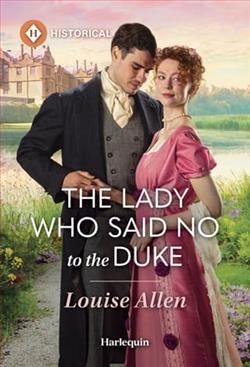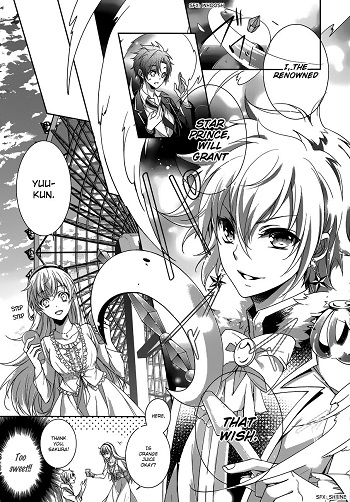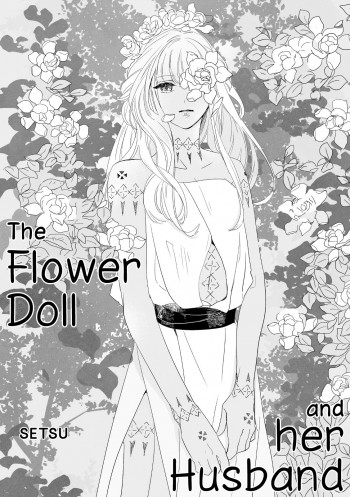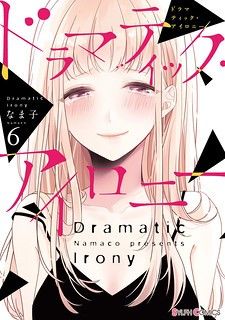Martial Peak Reviews
Louise Allen's The Lady Who Said No to the Duke is a delightful foray into the world of Regency romance, where societal expectations and personal desires often clash with fervent intensity. The novel is a testament to Allen's skill in weaving a narrative that is both engaging and thought-provoking, offering readers a fresh take on the classic trope of arranged marriages and mistaken identities.
At the heart of the story is Lady Thea Campion, a character who embodies the spirit of independence and self-determination. From the outset, Thea is portrayed as a woman who is not content to simply follow the path laid out for her by societal norms. Her discovery that she has been promised to the Duke of Leamington since infancy sets the stage for a compelling narrative about choice and agency. Thea's determination to defy this preordained fate is both admirable and relatable, making her a protagonist that readers can root for.
Thea's journey is further complicated by her burgeoning friendship with Hal Forrest, a man she believes to be a simple gentleman. The twist that Hal is, in fact, the Duke she is betrothed to, adds a layer of complexity to the narrative. This revelation serves as a catalyst for Thea's internal conflict, as she grapples with feelings of betrayal and deception. Allen expertly navigates this emotional turmoil, allowing readers to delve deep into Thea's psyche as she struggles to reconcile her feelings for Hal with her desire for autonomy.
Hal Forrest, or the Duke of Leamington, is a character that defies the typical archetype of a Regency hero. While he possesses the charm and charisma expected of a duke, he is also portrayed as a man who values honesty and integrity. His decision to conceal his true identity from Thea is not born out of malice, but rather a desire to be seen for who he truly is, rather than his title. This adds a layer of depth to his character, making him more than just a romantic interest, but a fully realized individual with his own struggles and desires.
The chemistry between Thea and Hal is palpable, with their interactions brimming with wit and tension. Allen's dialogue is sharp and engaging, capturing the essence of Regency-era banter while also allowing the characters' personalities to shine through. The evolution of their relationship is both believable and satisfying, as they navigate the complexities of trust and love in a world that often prioritizes duty over desire.
One of the standout themes of the novel is the exploration of identity and self-discovery. Both Thea and Hal are on journeys of self-realization, seeking to define themselves beyond the roles that society has assigned them. Thea's refusal to be simply a duchess and Hal's desire to be more than just a title are central to the narrative, offering readers a poignant commentary on the importance of authenticity and self-worth.
Allen's portrayal of Regency society is both vivid and nuanced, capturing the intricacies of a world governed by strict social hierarchies and expectations. The setting serves as a backdrop for the characters' struggles, highlighting the constraints they face while also providing opportunities for growth and change. The author's attention to detail in her depiction of the era adds a richness to the narrative, immersing readers in a world that is both familiar and foreign.
In comparison to other Regency romances, The Lady Who Said No to the Duke stands out for its focus on character development and emotional depth. While many novels in the genre rely heavily on plot-driven narratives, Allen's work is distinguished by its emphasis on the inner lives of its characters. This approach allows for a more intimate reading experience, as readers are invited to connect with Thea and Hal on a deeper level.
For fans of authors like Julia Quinn and Mary Balogh, Allen's novel offers a refreshing take on familiar themes, with a modern sensibility that resonates with contemporary readers. The emphasis on personal choice and the rejection of societal constraints is a theme that is particularly relevant today, making the novel both timeless and timely.
Overall, The Lady Who Said No to the Duke is a captivating read that combines romance, humor, and introspection in equal measure. Louise Allen has crafted a story that is both entertaining and thought-provoking, offering readers a glimpse into a world where love and duty are often at odds. The novel's exploration of identity, choice, and the power of self-determination makes it a standout in the genre, and a must-read for fans of Regency romance.
In conclusion, Allen's novel is a testament to the enduring appeal of Regency romance, offering a fresh perspective on a beloved genre. With its compelling characters, engaging narrative, and thoughtful exploration of timeless themes, The Lady Who Said No to the Duke is a book that will linger in the minds of readers long after the final page is turned.





![A Killer Paradox [Official]](/upload/pic/manga/a-killer-paradox--official-.jpg)


















Reviews 0
Post a Reviews: